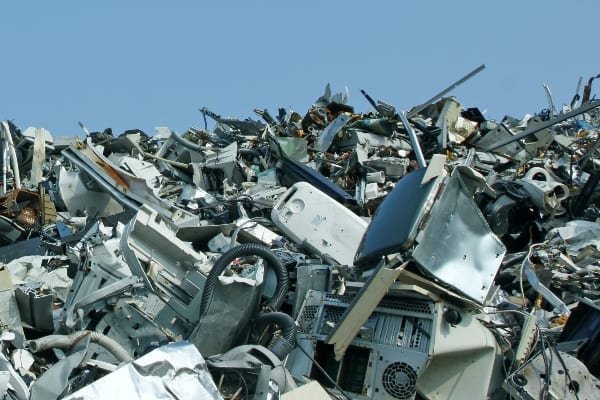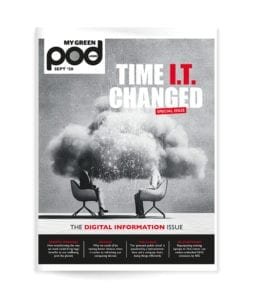Reuse with top performance
There are now so many personal computers that they are responsible for over 1% of global GHG emissions. That thought alone is enough to inspire ‘click wait’.
So what is the answer to reuse without disappointment? There are several ways to reuse a personal computer and regain performance without buying new.
Virtual desktops from companies such as Citrix and Microsoft transfer functionality from the ageing device and into the cloud data centre, retaining performance and productivity.
On a similar theme, Microsoft Windows devices can be transitioned to Linux-managed endpoints with IGEL to work with these virtual desktop environments.
Some of these options, while fantastic for reducing embodied emissions, focus more on the business side of computing; often consumers need an alternative too that is accessible, simple and (perhaps weirdly) free.
Transform your old computer
US computer software company Neverware offers such an option. Backed by Google, the company’s groundbreaking CloudReady Home Edition operating system is free, and represents a really easy way to transform your old Windows or Mac laptop or desktop into a high-performing Chrome device.
If you’ve ever used a Chromebook you will know this is a good thing. All you need is an 8GB USB stick, the old device and an internet connection – and in no time at all you will have what feels like a new computer.
Ewen Anderson, CIO from sustainability experts PX3, recently road tested the software; ‘With a couple of clicks and a USB stick I turned a truly defunct sub-spec Windows 10 laptop into a superfast Chromebook’, he said.
Imagine that: a laptop destined for replacement is brought back to life in less time than it takes to make a sandwich.
The gift of reuse
This one act of reuse has stopped the need for more natural resources to be mined, processed and shipped. And with one simple behavioural change, at least 150kg CO2e of GHG emissions have been avoided.
As the holiday season approaches and the gift list begins to grow, consider the sustainable option of reuse for you or your loved ones.
Perhaps, as you hover above the latest offer for a shiny new personal computer, pause, ignore the click bait and instead exercise a moment of ‘click wait’.
 Play Video about This Rock Might Just Save The World
Play Video about This Rock Might Just Save The World Play Video about Play 2 hours of rock
Play Video about Play 2 hours of rock Play Video about Play 2 hours of brook
Play Video about Play 2 hours of brook Play Video about Play 2 hours of sheep
Play Video about Play 2 hours of sheep















































